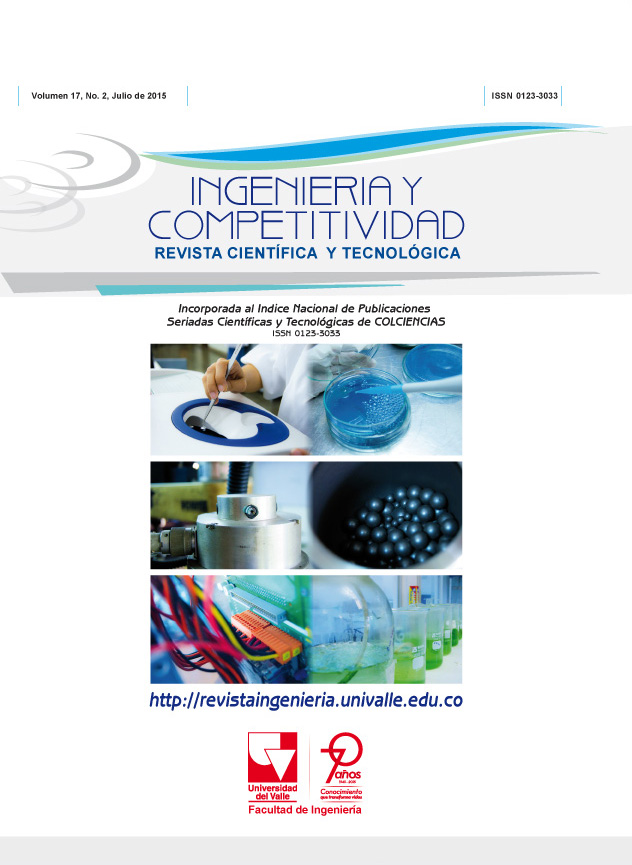Análisis de interfaces navegacionales a partir del uso de esquemas de representación de conocimiento
Palabras clave:
Esquemas de representación de conocimiento, interfaces de búsqueda, repositorios digitales, usabilidad.Contenido principal del artículo
Actualmente la mayoría de repositorios digitales incluyen esquemas de representación de conocimiento como ontologías y tesauros para ofrecer a creadores y expertos varias alternativas que permitan gestionar, clasificar y organizar objetos de aprendizaje dentro de un repositorio; así como facilitar el uso del repositorio para ayudar a los usuarios a localizar objetos de aprendizaje, desplegar información complementaria, identificar sus relaciones, categorías, áreas de conocimiento, etc. Sin embargo, estos esquemas de clasificación a veces no son utilizados y aprovechados en la medida que sería deseable debido a: i) los usuarios no están familiarizados con los complejos sistemas de representación de conocimiento, que los expertos y creadores de repositorios utilizan para clasificar los recursos, y ii) las interfaces de usuario actuales no siempre facilitan las tareas esenciales de los usuarios que visitan el repositorio: búsqueda y localización de recursos digitales. La motivación de este artículo se centra en el segundo factor, presentando un análisis de las deficiencias de las actividades de búsqueda y navegación mediante el diseño e implementación de interfaces navegacionales a partir del uso de esquemas de representación de conocimiento
Downloads
Los autores que publican en esta revista están de acuerdo con los siguientes términos:
Los autores ceden los derechos patrimoniales a la revista y a la Universidad del Valle sobre los manuscritos aceptados, pero podrán hacer los reusos que consideren pertinentes por motivos profesionales, educativos, académicos o científicos, de acuerdo con los términos de la licencia que otorga la revista a todos sus artículos.
Los artículos serán publicados bajo la licencia Creative Commons 4.0 BY-NC-SA (de atribución, no comercial, sin obras derivadas).

